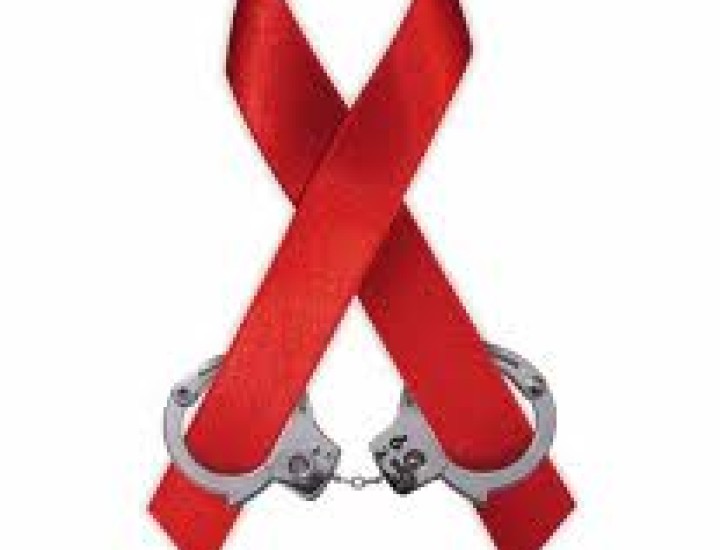Iowa’s Reformed HIV Criminalization Law Is Still Pretty Terrible (2014)
Published in Slate.com, June 16 2014
HIV transmission should not be criminalized—ever. HIV criminalization laws do absolutely nothing to prevent the spread of the virus. They stigmatize HIV-positive people, dissuade people from getting tested, and undermine public health goals. They are exceedingly difficult to enforce and based on junk science. They should all be repealed, entirely, immediately.
Recently, the Iowa legislature—alarmed by the prosecution and imprisonment of Nick Rhoades, based on hideously outdated HIV criminalization statutes—revamped its HIV-related laws, garnering plaudits from the LGBTQ community. Then, last Friday, the Supreme Court of Iowa tossed out Rhoades’ 25-year prison sentence on relatively narrow grounds, holding that no effective counsel would have allowed Rhoades to plead guilty to his charges, as his own attorney encouraged him to do. The relatively narrow decision dwelled upon the fact that, as I explained in October, Rhoades almost surely could not have transmitted HIV to his partner.
All of this is certainly progress. But LGBTQ activists should resist the urge to ballyhoo Iowa’s new law as a model for the other 34 states that criminalize HIV exposure or transmission. The revised Iowa law may have removed the bizarrely harsh, unscientific penalty that Rhoades initially faced, which slapped him with a 25-year prison sentence for theoretically exposing a partner to HIV without actually transmitting the virus. But an HIV-positive person who knows he’s positive and transmits the virus to a partner “with reckless disregard” still faces five years in prison. And an HIV-positive who exposes the virus to a partner—without actually transmitting it—could still be sent to prison for a full year.
Admittedly, the law has some saving graces: An HIV-positive person can escape charges if he proves that he took “practical means to prevent transmission” or disclosed his status to his partner. But how can he prove that in court, where it’ll be his word against his partner’s? And what if his partner had no interest in learning his status or protecting himself against transmission? The problem that has always plagued these kinds of laws still plague Iowa’s: The charges come down to he said, she said (or he said, he said), and they can only be brought by lovers, usually spurned ones.
While Iowa’s reforms are admirable, then, its next step should simply be to eradicate HIV criminalization laws altogether. More than a dozen states, from Texas to Massachusetts, have declined to legislate exposure and transmission of HIV, wisely leaving it as a matter of personal responsibility. The rise of PrEP treatments like Truvada should embolden states like Iowa to join this group. Now that anyone can protect themselves against HIV with a single pill, HIV-negative people should have the burden of defending themselves from the virus. If they refuse to do so, their irresponsibility shouldn’t land their partner in jail.
